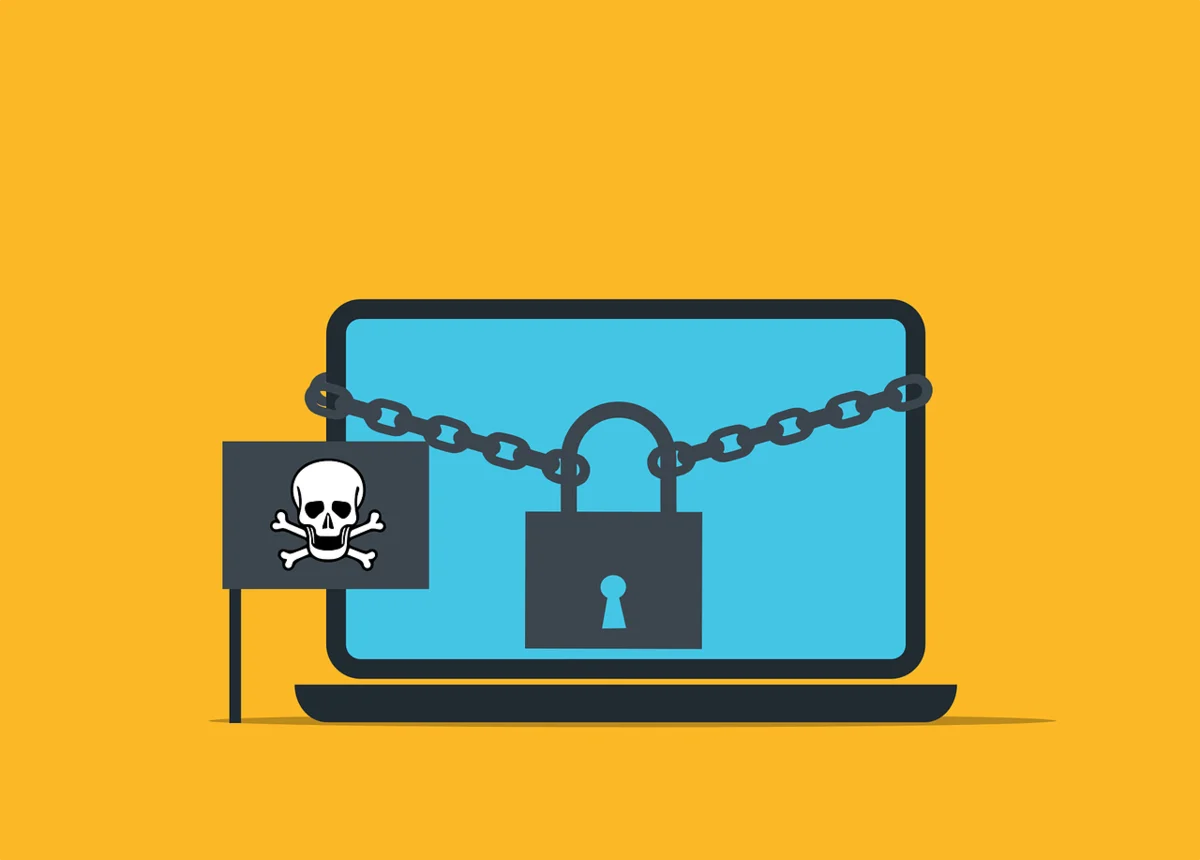What Is Spyware And How Does It Steal Information?
Spyware is a type of software that can be used to gather information about a user. It can be used for marketing purposes or to track the user’s activity on the internet. Spyware can also be used to steal information from a user’s computer, such as passwords and bank account numbers.
Spyware sometimes referred to as “malware” or “spyware software,” is a type of computer program that secretly monitors and logs your activities on the internet. Spyware can steal passwords, credit card numbers, and other confidential information from your computer. Spyware can also track your online movements and capture private information about you, such as your contacts, browsing history, and email messages.
Spyware usually attaches itself to an infected computer without the user’s knowledge or consent. Once it is installed, spyware can monitor the browser histories, search terms, and other activities on the computer. Spyware can also collect personal information such as contact lists and financial information.
How Spyware Can Steal Information:
Spyware can steal a variety of information from a user’s computer. One way spyware can steal information is by monitoring the browser histories on the computer. Spyware can track what websites a user has visited and what pages they have opened. This information can be used to steal passwords and other sensitive information. Spyware also collects data about the search terms a user has used on the internet. This information can be used to track what kind of information the user is looking for. Spyware can also collect data about the user’s computer settings, such as the time zone and browser type. This information can be used to steal passwords and other sensitive information.
Spyware can also steal financial information from a user’s computer. Spyware can monitor bank account numbers, credit card numbers, and other personal financial information. Spyware can also steal banking login details and other personal information related to finances.
How does spyware work?
Spyware typically attaches itself to web pages you visit or downloads from the internet. Once installed on your computer, spyware sends out periodic data packets to a remote server that collects information about your online activity. This information includes the websites you have visited, the pages you have viewed, the documents you have downloaded, and the time
Different Types of Spyware:
Types of spyware can be broadly grouped into two categories: tracking and monitoring.
Tracking spyware collects data about the user’s online activity, such as what websites they’ve visited, what files they’ve downloaded, and which search terms they’ve used. Monitoring spyware keeps track of system activity in order to detect unauthorized activity or malware.
Spyware
Spyware is a type of malware that gathers information such as browsing history and passwords without the user’s knowledge or consent.
Adware
Adware is a type of malware that displays advertisements on websites the user visits, without their permission.
Banker Trojan
Banker Trojan is a type of malware that steals banking information such as account numbers and passwords.
Keylogger
Keylogger is a type of malware that logs everything the user types on their keyboard, including passwords.
What Are the Benefits of Using Spyware?
Spyware is a software application that can be used to collect information from a person’s computer without their knowledge or consent. Spyware can be used for a variety of purposes, including monitoring online activity, tracking the movements of a person, and stealing personal information. Spyware can also be used to steal passwords and other confidential information. The benefits of using spyware are that it can help you track down criminals and steal important information from your opponents.
What Are the Drawbacks of Using Spyware?
There are a few potential drawbacks to using spyware. First, it can be intrusive and distracting, so it may not be ideal if you’re trying to focus on work or school. Second, spyware can potentially track your online activity and steal personal information, which could be embarrassing or even harmful if it fell into the wrong hands. Finally, spyware can actually increase your vulnerability to cybercrime by stealing your passwords and other sensitive information. If you’re concerned about whether spyware is right for you, talk to an expert before using it.
How Can I Avoid Being Targeted by Spyware?
The first step to avoiding spyware is to be aware of the signs that you might be a target. Spyware can sneak up on you without your realizing it, so it’s important to be vigilant about your computer usage and look for any strange or unexpected changes. Spyware can also be installed on your computer without your knowledge or consent, so it’s important to always install software from reputable sources and keep up-to-date on security updates.
Another way to avoid spyware is to take basic precautions against online privacy breaches. For example, always use strong passwords and never share personal information such as account numbers or addresses online. Additionally, make sure your computer is properly protected against malware and spyware attacks by installing antivirus software and keeping up-to-date with virus definitions
Conclusion:
Spyware is a type of software that can be used to gather information about a user. It can be used for marketing purposes or to track the user’s activity on the internet. it is important to understand how spyware works and what its benefits are before using it.




